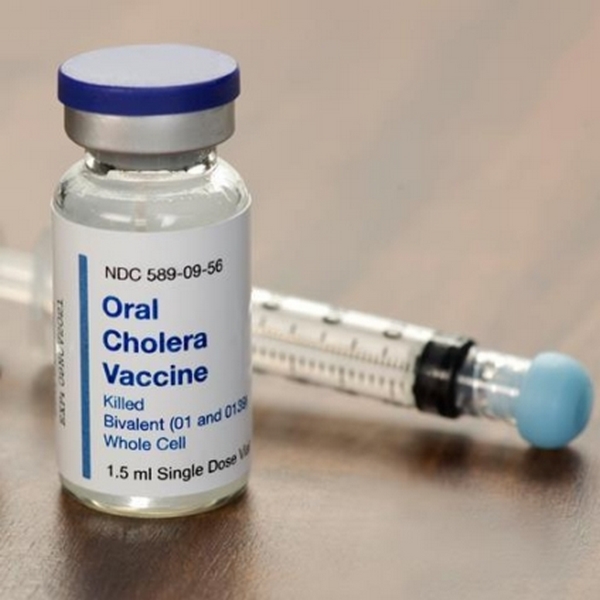The Ghana Health Service (GHS) is intensifying vaccination and sensitisation as a cholera outbreak claims 40 lives and infects over 6,000 people nationwide.
The outbreak, which began in Ada East, Greater Accra in October 2024, has since spread to coastal areas and parts of the Eastern and Ashanti regions.
Head of Prevention and Control at the Expanded Programme on Immunisation (EPI) Dr Kwame Amponsa-Achiano, told JoyNews that many of the victims died before reaching medical facilities.
“Many of the victims died before they could get to the hospital. They were waiting, thinking the diarrhoea would stop on its own,” he explained.
He outlined how the outbreak unfolded: “We first began recording cases in Ada East in October, after which the disease spread to Ada West before returning to Ada East. We later observed pockets of cases in other areas of Greater Accra, including Ga South, Kasoa, and Katamanso,” he said.
As the epicentre shifted, GHS intervened by implementing vaccination campaigns.
“When the epicentre moved from Ada East to Ada West, we had to step in and intervene. That’s when we launched the vaccination programme,” he added.
The situation worsened over the Christmas period, with a sharp rise in cases in the Western Region, particularly in Shama District and Takoradi.
“Around Christmas, we saw a significant increase in cases in the Western Region, especially in Takoradi and Shama District. The confirmed number of cases has now surpassed 6,000,” he stated. “While not all deaths have been officially confirmed as cholera-related, any outbreak with symptoms resembling diarrhoea is classified as cholera. Unfortunately, more than 40 people have lost their lives.”
Dr Amponsa-Achiano also emphasised the importance of addressing the root causes of cholera, particularly water and sanitation issues.
Once an outbreak occurs, we conduct thorough investigations, which include social mobilisation, health education, and communication” he noted.
“We are collaborating with local assemblies to enforce sanitation laws and ensure access to clean water. The vaccine is just one tool in our response,” he explained.
The primary issue is water and sanitation, and once we address that, we can tackle the root cause of cholera”.
He confirmed that vaccination efforts have been strengthened, particularly in endemic areas like Awutu Senya East in the Central Region.
“Vaccination is a vital tool, but we must also focus on addressing the underlying causes of the outbreak. We’ve already begun vaccination efforts in Awutu Senya East,” he concluded.
ALSO READ:

